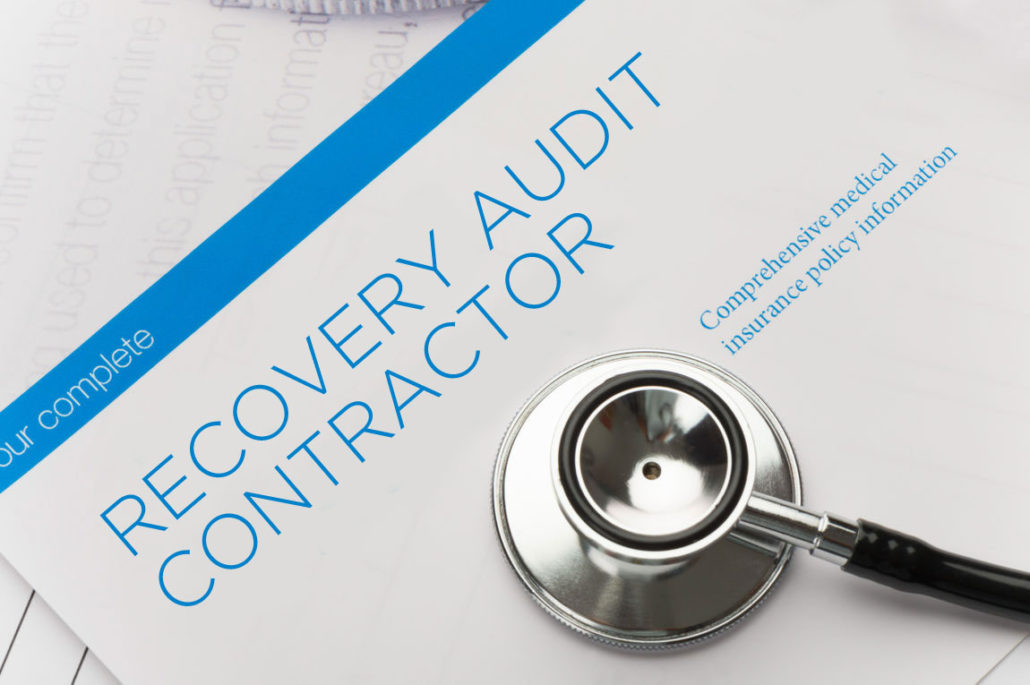Aug 2
2023
Healthcare Revenue Integrity: The Role of RAC Trackers

Healthcare revenue integrity refers to ensuring correct and compliant billing, coding, and reimbursement procedures within the healthcare sector. Maximizing revenue and reducing financial risks are the two objectives of healthcare revenue integrity, which leads to guaranteed stability and profitability of the finances of healthcare organizations.
Revenue integrity is absolutely critical in today’s complicated world of healthcare payments. Recognizing and avoiding potential sources of revenue leakage, billing mistakes, fraud, and compliance difficulties helps healthcare providers maximize their revenue streams. Effective revenue integrity procedures guarantee that healthcare organizations are paid fairly for their services while adhering to legal requirements.
The Recovery Audit Contractor (RAC) tracker is a crucial tool in this aspect. A RAC tracker is a program or system created to track and examine information on medical claims, spot errors, and help businesses recover lost income. These monitors are essential for finding coding mistakes, dishonest billing procedures, and documentation gaps that might result in revenue losses or audit risks.
Healthcare Revenue Integrity: Opportunities and Challenges
Healthcare revenue integrity is vital on many levels. First, it immediately affects the viability and financial health of healthcare organizations. Organizations can obtain the funds required to provide high-quality patient care, invest in cutting-edge technologies, and onboard talented resources once they ensure accurate and appropriate reimbursement.
Additionally, revenue integrity helps organizations prevent financial losses brought on by underbilling, coding mistakes, inadequate paperwork, or compliance infractions.
Besides, revenue integrity is intimately related to legal and regulatory issues. Government organizations, including Medicare and Medicaid, and private insurers have different billing and coding requirements that healthcare organizations must abide by. Financial fines, legal punishments, and reputational harm may follow noncompliance with these restrictions.
That said, ensuring revenue integrity presents several difficulties too. The complexity of the billing and coding procedures is a significant obstacle. The reimbursement environment for healthcare is complex, with numerous payment methods, coding systems (such as ICD-10 and CPT), and reimbursement regulations. Staying on top of the continual changes and ensuring appropriate coding and invoicing can be challenging and requires ongoing training and experience.